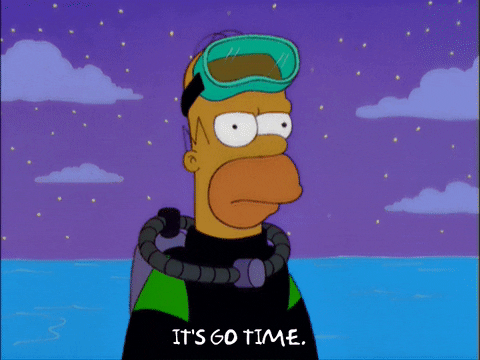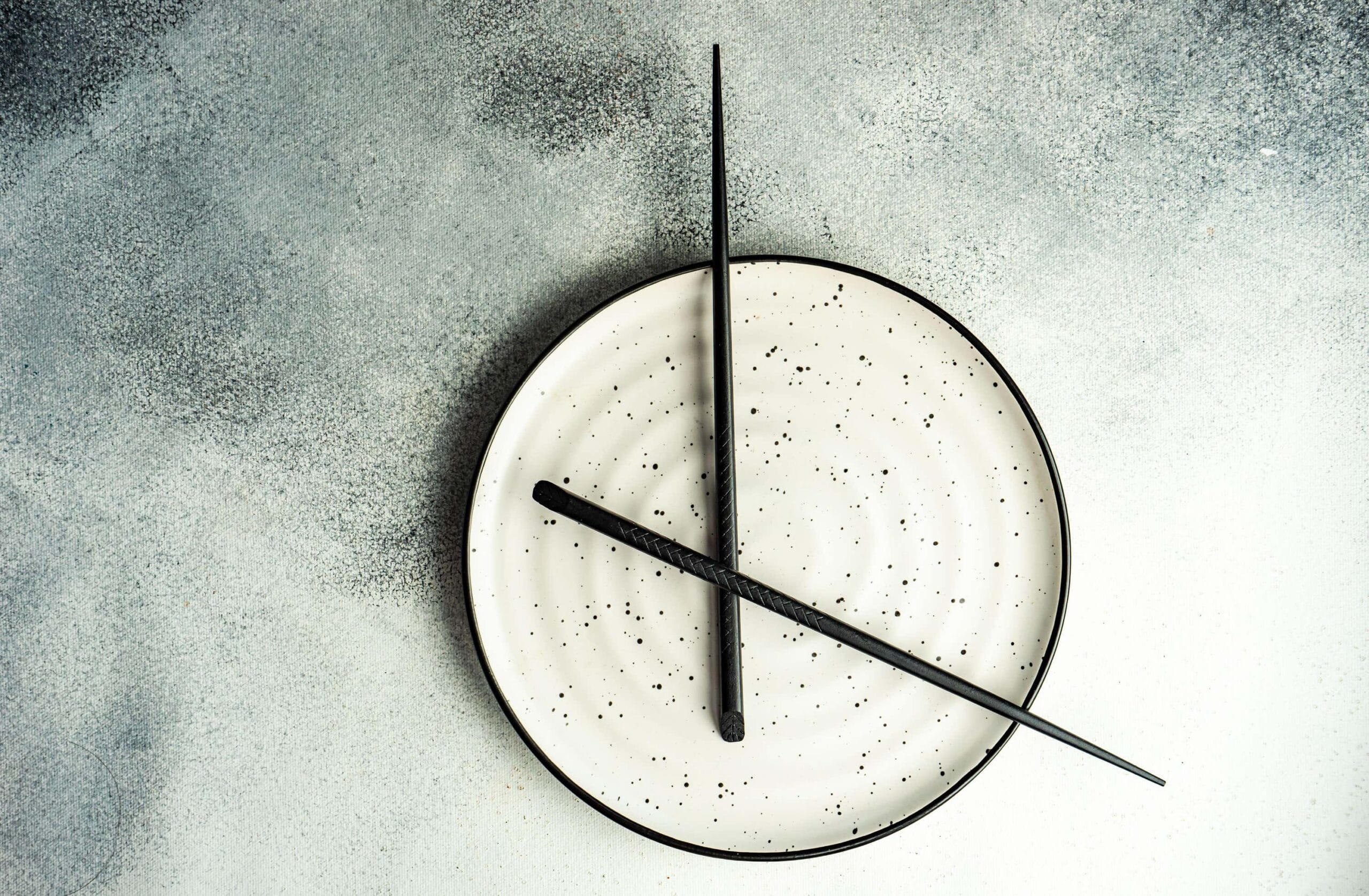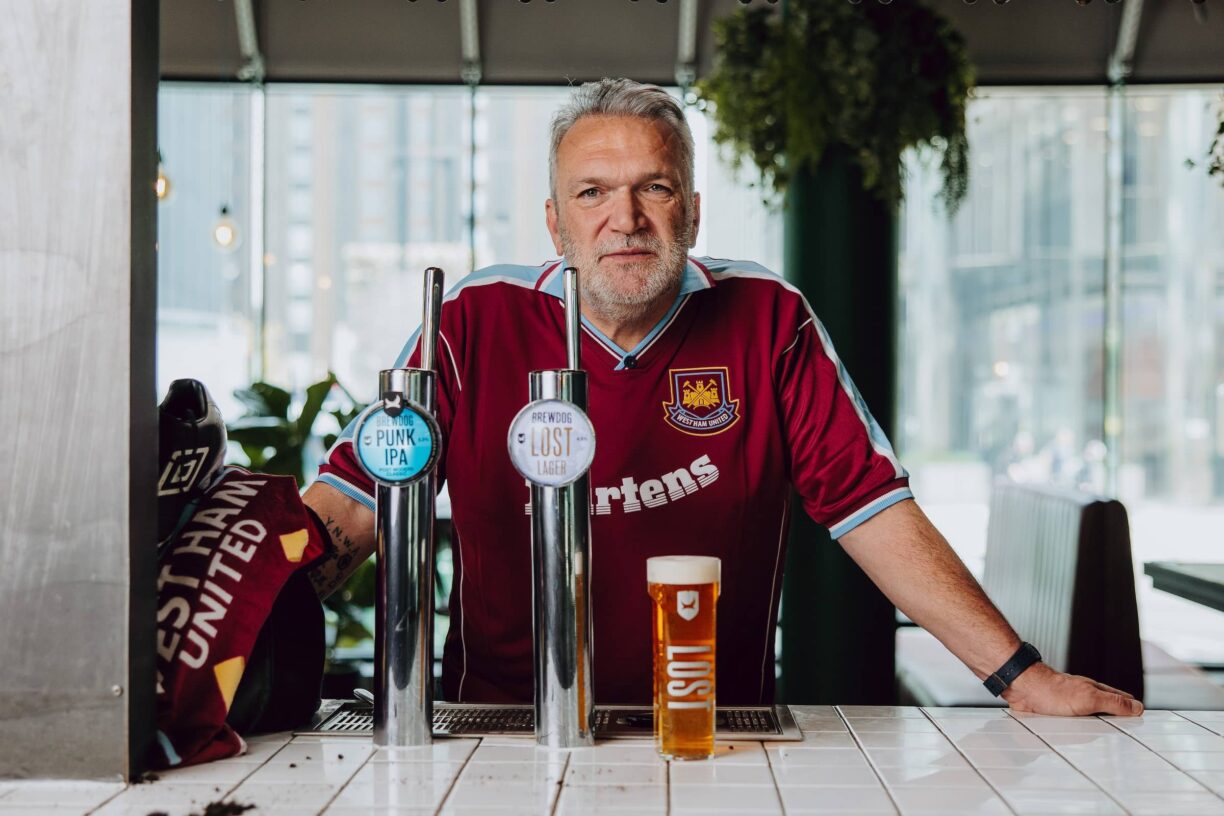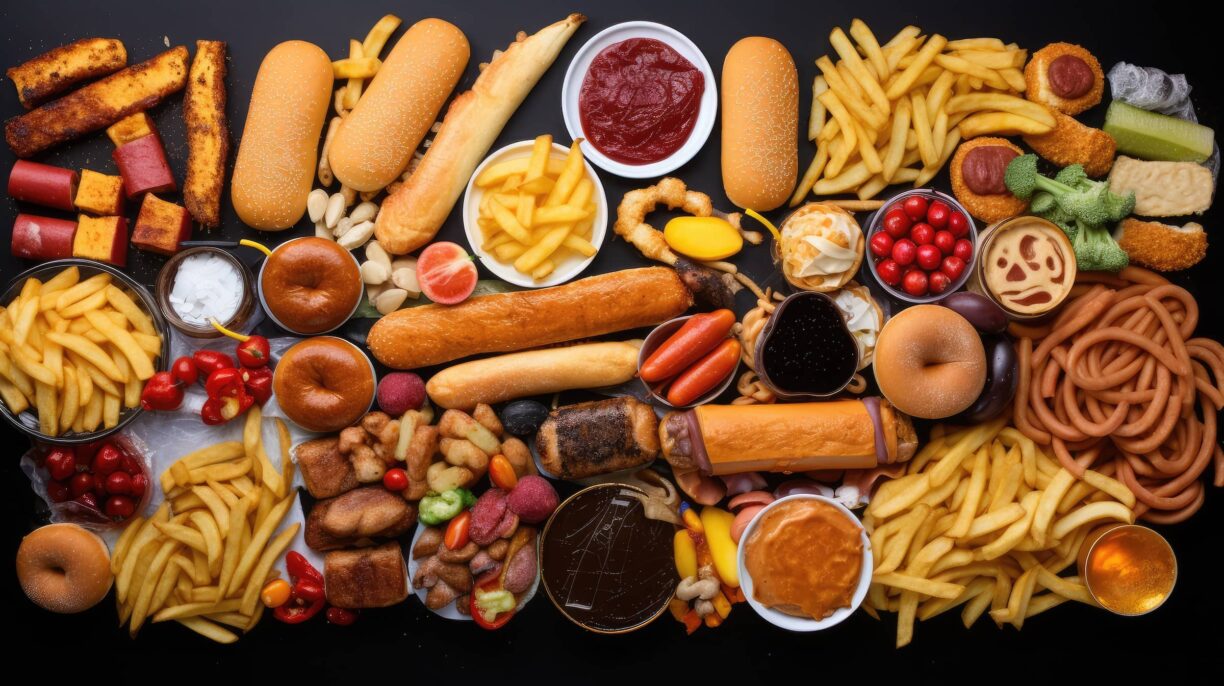New research suggests fasting – purposefully eating nothing for certain periods of time – might help kickstart your journey to health.
There are plenty of ways to do fasting – including intermittent fasting (cycling between fasting and eating – the 16/8 hour method is popular), or skipping food for days at a time – but all should be done with extreme care.
Talk to your GP if you have any questions, ease yourself into it instead of launching into a multi-day fast on your first attempt, and be particularly mindful if you have a history of disordered eating.
I forgot how good intermittent fasting feels man, woke up feeling great
— Trunks (@ManLikeTrunks) March 29, 2021
Research published in the journal Nature Communications studied 71 volunteers with metabolic syndrome (a combination of diabetes, high blood pressure and obesity) following the DASH (Dietary Approach to Stop Hypertension) diet for three months – a Mediterranean-style diet rich in fruit, veg, wholemeal foods, nuts and fish.
Half the volunteers didn’t eat solid food for five days before starting on the DASH diet. Author Andras Maifeld said of the findings: “Switching to a healthy diet has a positive effect on blood pressure. If the diet is preceded by a fast, this effect is intensified.”
Fasting for five days is certainly high level, but even if you’re skipping food for a few hours a day, you’ll probably go through the same emotional rollercoaster…
1. Determination

Once you’ve decided to fast and settled on how long for, you feel on top of the world. This should be a piece of cake, right?
2. Confusion
This is when you start doing the maths. Wait, you’re planning on fasting for how long?
3. Longing

Sigh. Right now you should be tucking into breakfast – but instead, a glass of water will have to do. At this point, you’re not actually that hungry – you just probably shouldn’t follow so many foodie accounts on Instagram, because now it’s all you can think about.
4. Contemplation
This is a good opportunity to check in with your body and see whether the fast is serving you. If so, carry on, but there’s absolutely no shame in giving it up for now – particularly if you start feeling woozy or get headaches. Many of us are fasting to boost our health – not make us feel worse.
5. Focus

If you’ve decided to continue on with the fast, you now feel focused and newly determined at the task at hand. After all, it’s mind over matter – you can do this.
6. Hunger
We’re sorry to say that even if you’re feeling good, the hunger pangs will eventually come. Regular fasters will have these well and truly under control, but for the rest of us, our rumbling stomachs seem to have a mind of their own.
7. Peace

As tough as fasting might be – particularly if you’re a newbie – you do reach some kind of equilibrium. Instead of having food constantly on your brain, you forget about it entirely and can go about your day as normal.
8. Happiness
Even if you’ve reached the positive and peaceful stage of fasting, you’re still overcome with relief when it’s over. Now, all you have to do is decide what to eat first…





